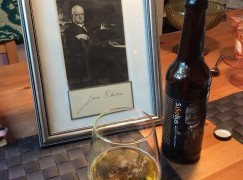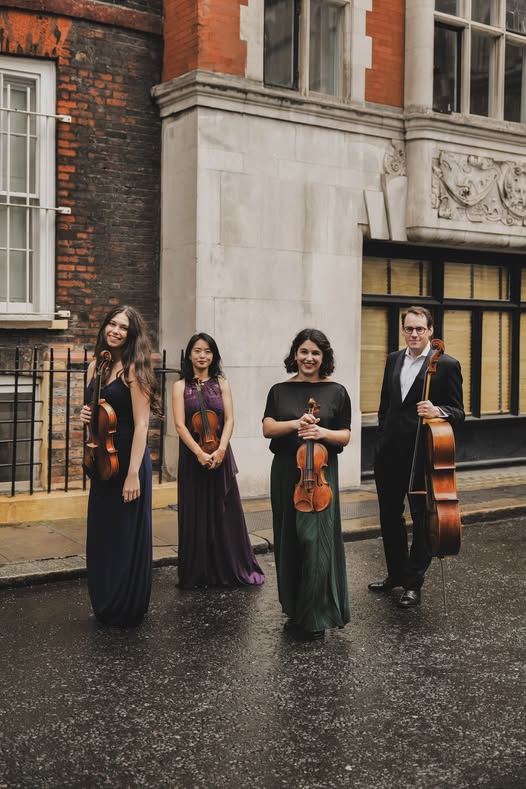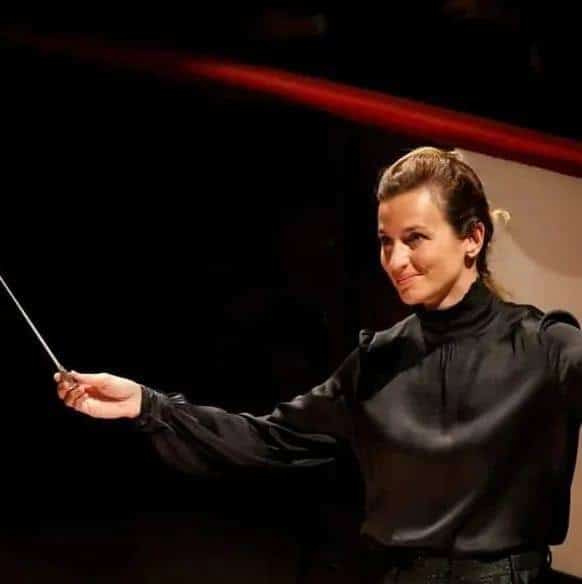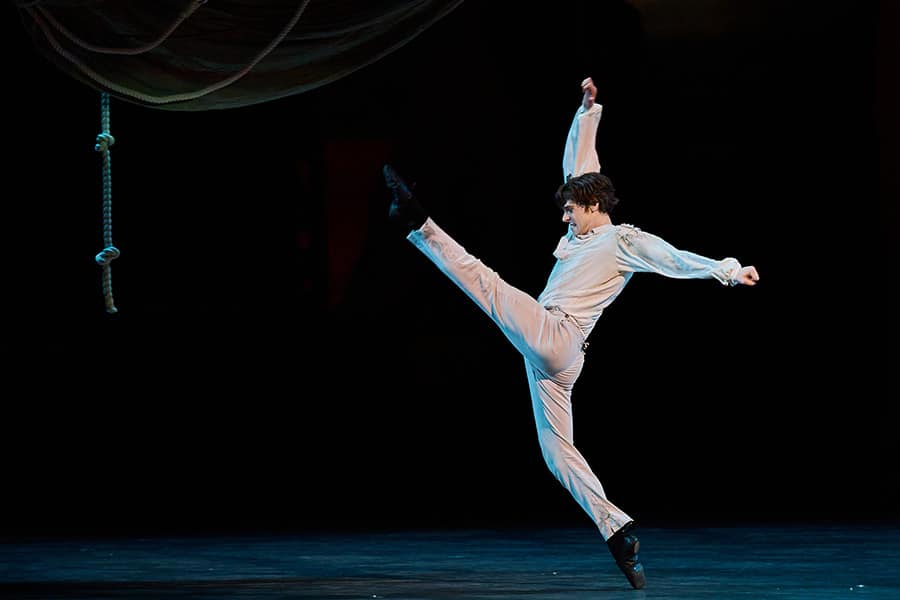These ice-cold songs are coming with me to the shower
Album Of The WeekFrom the Lebrecht Album of the Week:
Sibelius, like Mahler, stuck to what he knew. He wrote no opera and hardly any chamber music, just symphonies and songs. His concentration of means and expression is as intense in a two-minute song as it is in a forty-minute symphony.
Unlike Mahler, Sibelius is sparing with his orchestration, sometimes leaving it to solo clarinet and lower strings. He uses Swedish texts, only rarely reverting to his national language, Finnish, which he spoke imperfectly. The Sibelius songs are seldom heard below the Baltic, which is a pity since they tell us more about him than yet another season-opening Finlandia. In all, Sibelius wrote 109 songs. I challenge you to name three…
Read on here.
And here.
En francais ici
In The Critic here.






Your humorous shower reference reminded me of being so taken by the improvisational language of Charlie Parker while a teenager, I would listen to them even when taking showers, the other players edited out, only his solos.
http://azuremilesrecords.com/unforgettableepiphany.html
The recordings of Sibelius songs by Anne Sofie Von Otter- both orchestral and accompanied at the piano by Bengt Forsberg- are absolutely indispensable.
According to an anecdote Sibelius said: ”During my career I’ve written seven symphonies and one hundred songs.”
That is how much he valued the songs he had written …
Well, the German and French often think they know better. I remember an interview, where August Everding did little to conceal his ignorance, when Elisabeth Söderström inevitably lead to Sibelius. His was proud of it.
Then again, Lisa Batiashvili described Sibelius to be like a fire inside ice, claiming to understand him, and I would say she did exactly that.
The “smallest” Sibelius songs appeal to me the most, perhaps.
There was a recital in Jerusalem by the soprano Hedvig Paulig, parts available on youtube.
My fav would be the tiny “The Flower’s Destiny” from 6 Songs, Op. 88: No. 6. “Blommans öde”. (Incorrectly named on the video, but it happens.)
https://youtu.be/VowF_CNDmBI?t=436
The lovely lyrics available:
https://www.oxfordlieder.co.uk/song/4924
A serious record collector would know the discographies of Kirsten Flagstad and Marian Anderson — hardly obscure voices (too few know the voice of Aulikki Rautawaara) — and pretty quickly get past the challenge of naming three songs by Sibelius.
The Diamond on the March Snow and the Maiden Returned from her Tryst would be my nominees for Sibelius songs most heard on recital I suppose. If choral music counts then surely Song of My Heart (or if you insist, Sydämeni laulu) would be the winner.
Flickan kom ifrån sin älsklings möte.
Drömmen.
Var det en dröm?
More?
Men min fogel märks dock icke.
Svarta rosor.
Kom nu hit, död!
Poignant music and texts.
I should know; desperately searching for scores in every great town, performed them many times, when nobody knew about their existence.
Here are my personal favourites:
– Svarta rosor
– Var det en dröm
– Flickan Kom Ifrån Sin Älsklings Möte
– Illalle
Tom Krause, Jorma Hynninen and Elisabeth Söderström (among others) left a great recorded legacy of Sibelius Songs.
I would also add the Orchestral Song Luonnotar, especially in Söderström’s/Ashkenazy’s version. A fascinating and mystical brief work of genius.
Jussi Björling sung “Var det än dröm” in a Sibelius Memorial Concert at Carnegie Hall. That was quite something, even on record.
I understand Sibelius introduced this song casually like this: “Here`s my most beautiful song!”. Could be.
https://www.youtube.com/watch?v=mjUa5HQHyIY
To these ears, Luonnotar remains amongst Sibelius’
very finest works, and one of the most stunningly
original works ever penned by anyone.
“He wrote no opera”… oh, really?
https://m.youtube.com/watch?v=SpQ1zaZjh7E
Also…check out Sibelius’ early chamber music output.
It’s significantly voluminous, as well as being of very
high quality.
I believe Sibelius was of the opinion that his Maiden in the Tower should remain there.